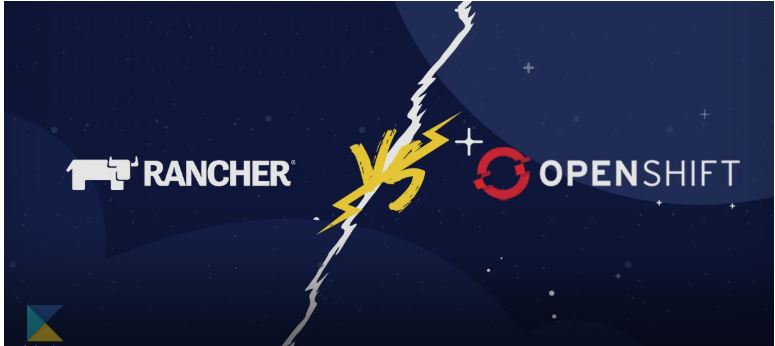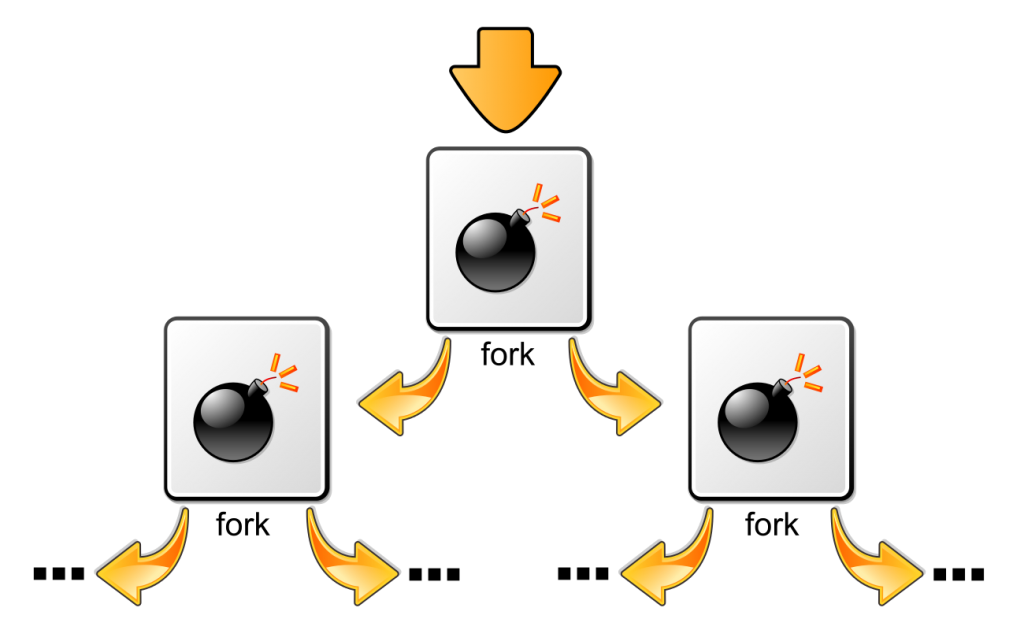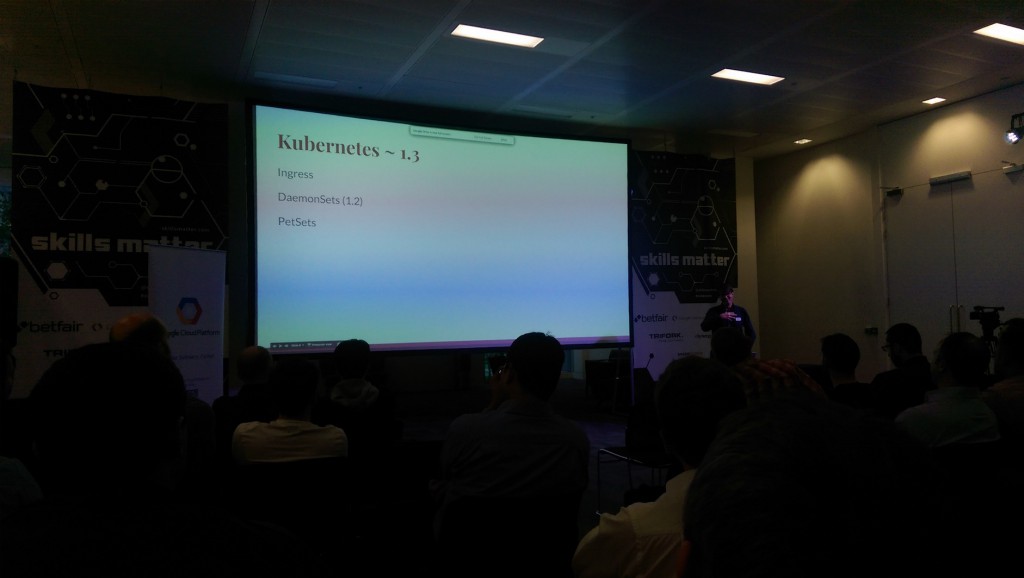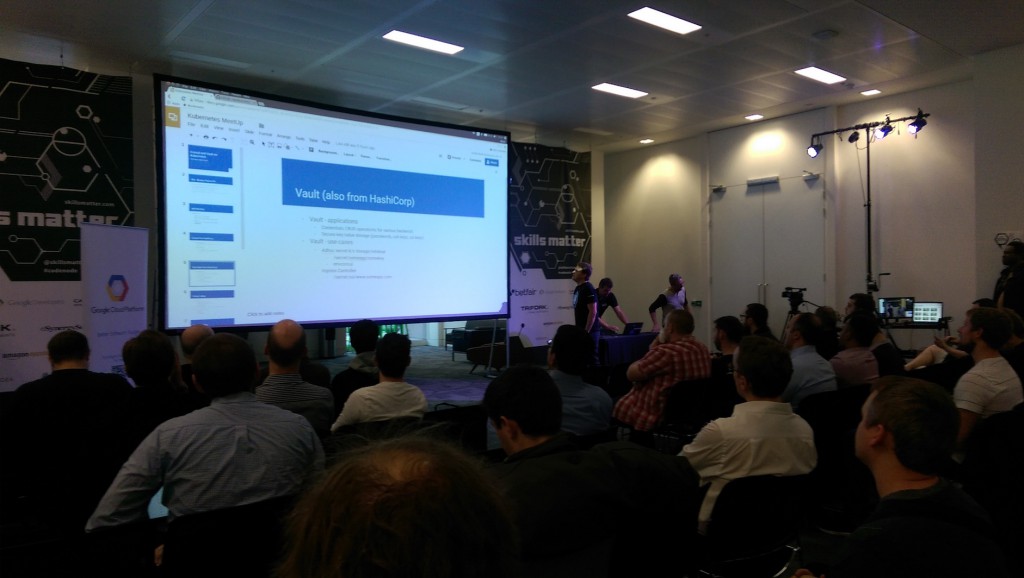I would like to share my story about how my Blogpost Openshift vs Rancher gone viral, which is:
- On the top page when you search Openshift vs Rancher on Google (The first two, rancher.com and kloia.com both pointing to my comparison)
- Viewed more than 250.000 times
- Several comments from the readers
- Republished by the vendor itself
- Translated by several consultancies in different countries
As kloia, our engineering team focus became dominantly Kubernetes for the platform projects, where OpenShift was a dominant player especially after the acquisition of IBM. We have been implementing OpenShift in one of our major Enterprise customer. Since we are an engineering company, our consultants became frustrated with OpenShift with the following feedbacks:
- OpenShift has its own way of doing things, no CNCF
- No/less engineering, more operator mindset
- Major problems during version upgrades
- Vendor-lock
As an engineering-driven company, (Decisions are given by the engineering team, rather than Sales) we stopped working with RedHat, although we invested a lot with certifications and time…
Meanwhile, we began also experimenting with Rancher in several projects and I decided to make such an honest comparison by the end of 2019 based on
- Our engineering team’s feedback
- My own experience
- Several customer feedback
- Technical evidence
My intention was to reveal the realities, as an engineer who has been in the “Pledge to Professionalism” ceremony during my graduation:)
- I gathered data from anyone who can contribute: internal, external
- I interviewed several professionals: The ones using OpenShift, the ones using Rancher…
Based on all those data, I began to write an honest comparison.
There have been major debates around that post on social media and also in the comments of the post (I published all comments regardless of the positive or negative views, except the ones which have annoying language)
In a conclusion, I think the honesty of the comparison and maybe the reason I expressed how the engineering mindset professionals feel working with OpenShift made the success of that blogpost. It was not intentional, all happened organically!




